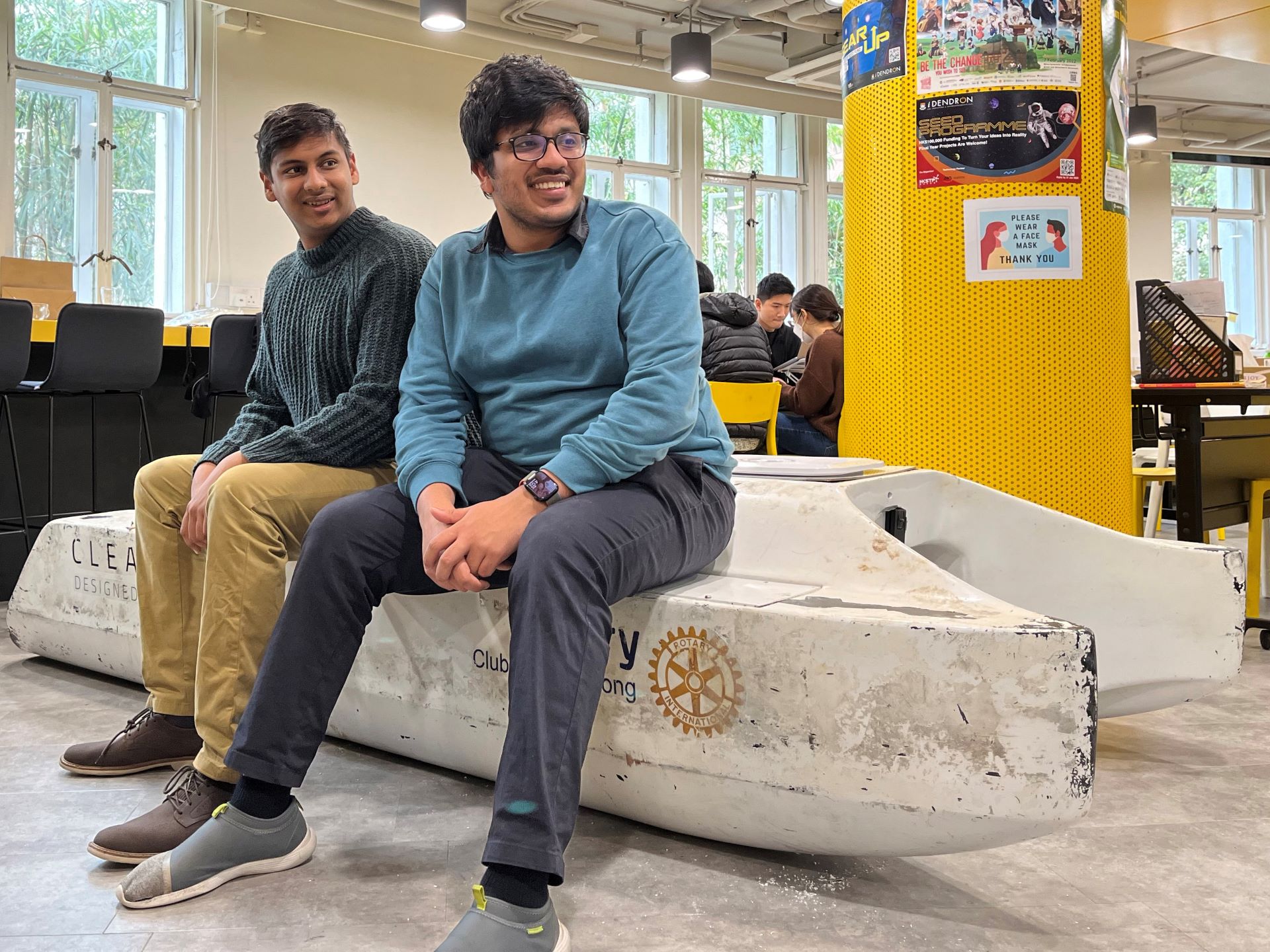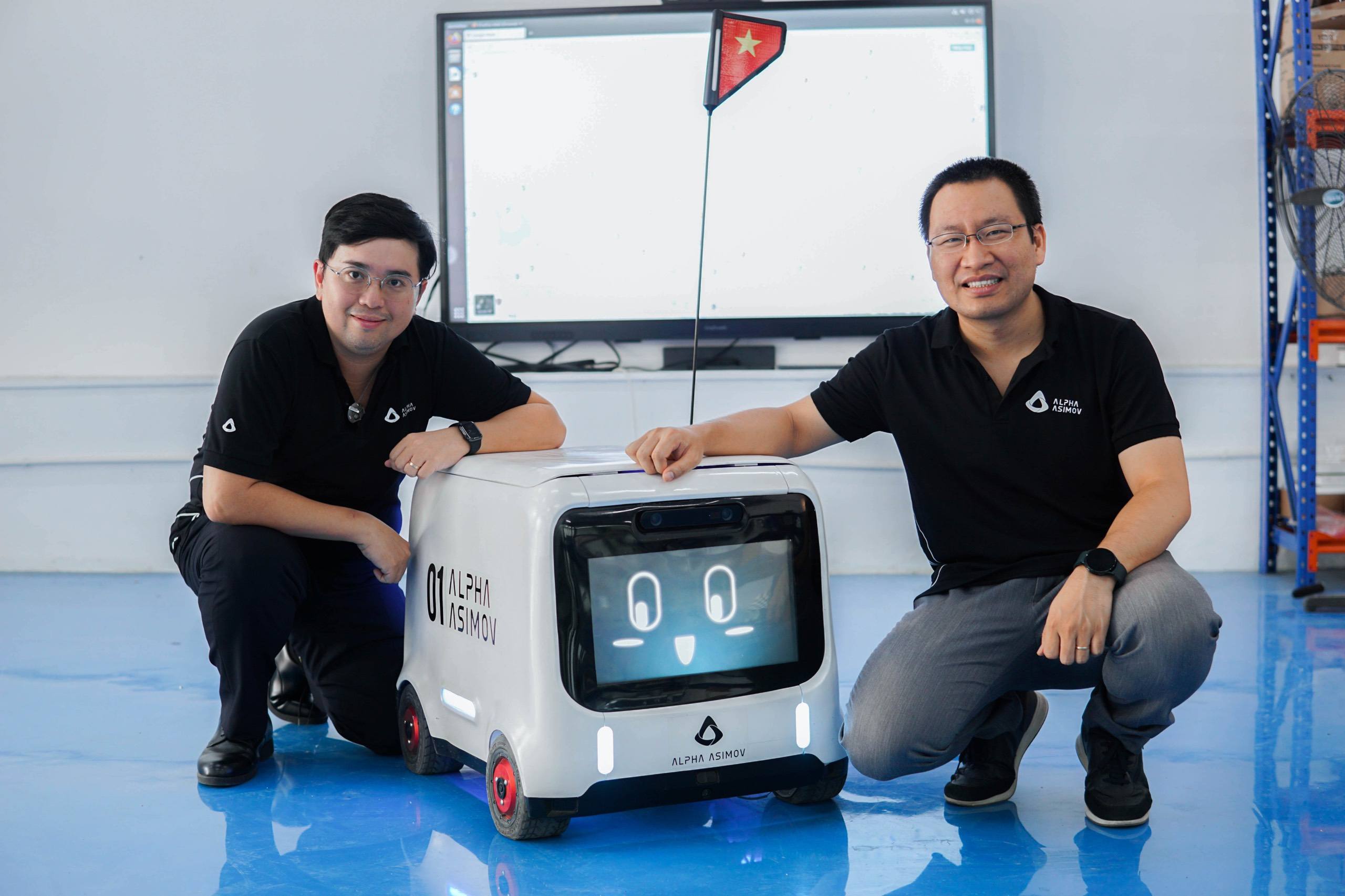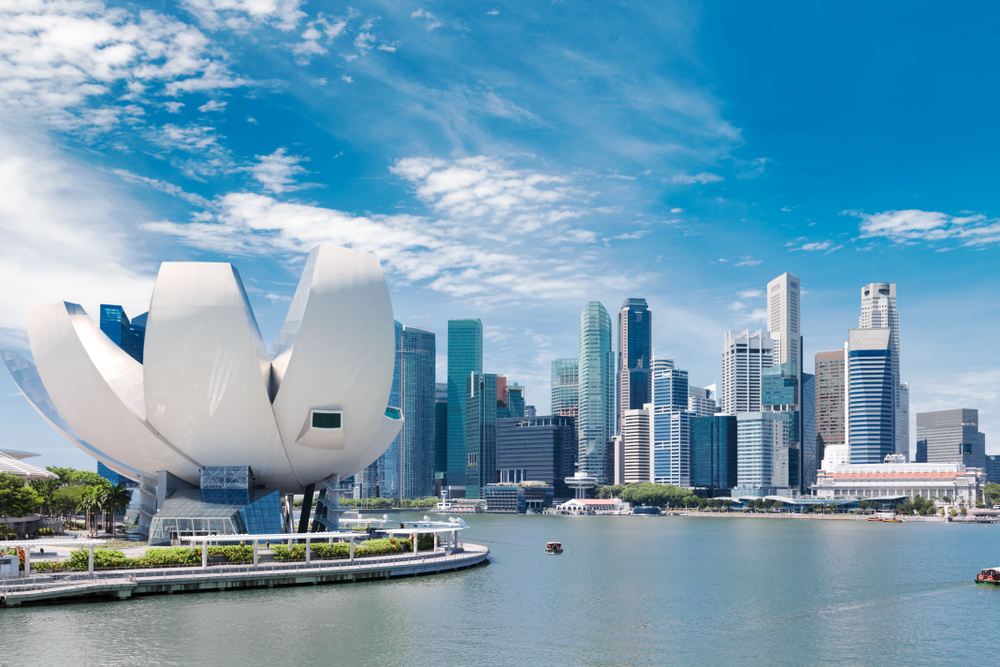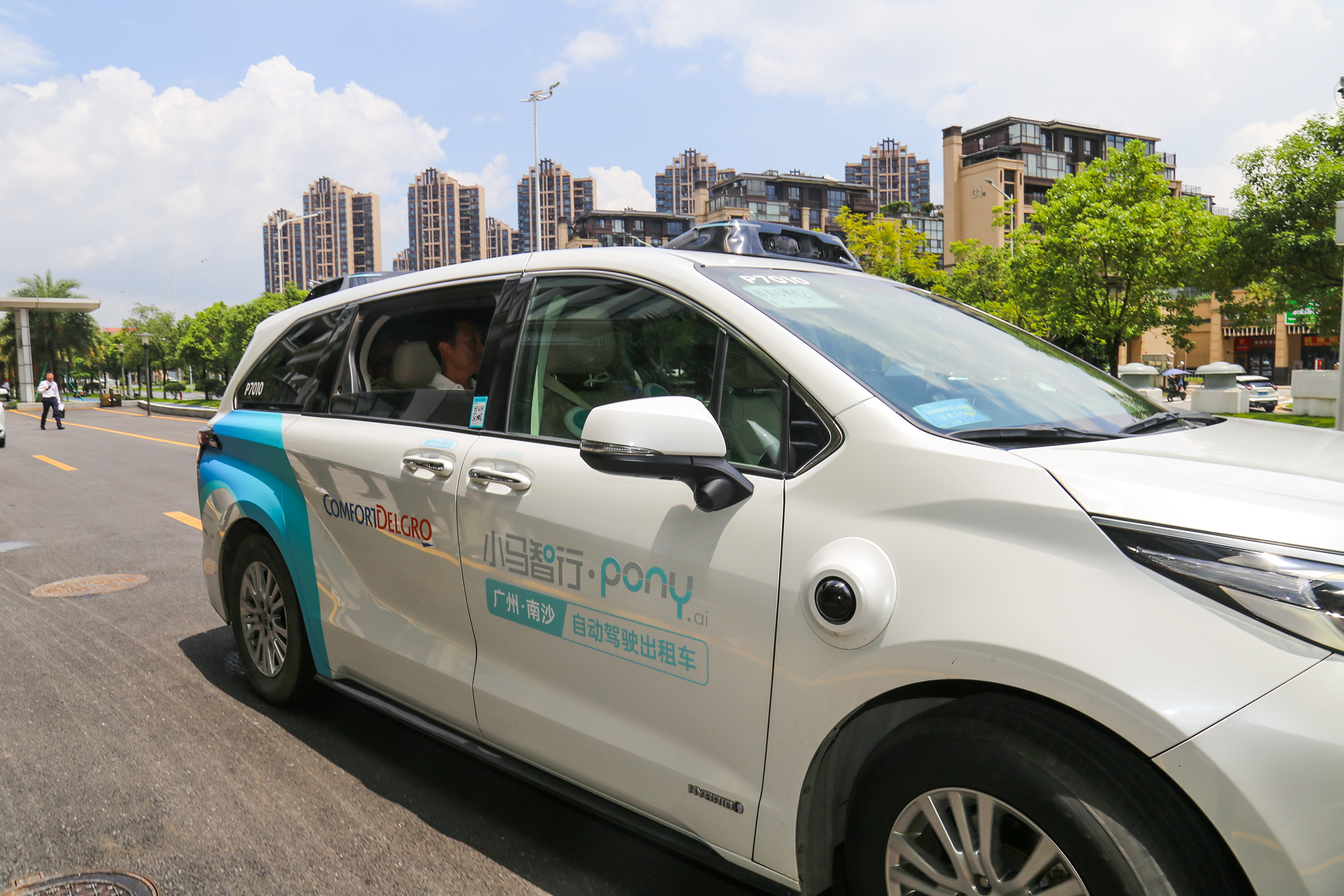- Insights This article was written by a TIA community member. Insights pieces undergo the same rigorous editorial process that newsroom-produced articles have.
What it takes to make Kuala Lumpur a smart city
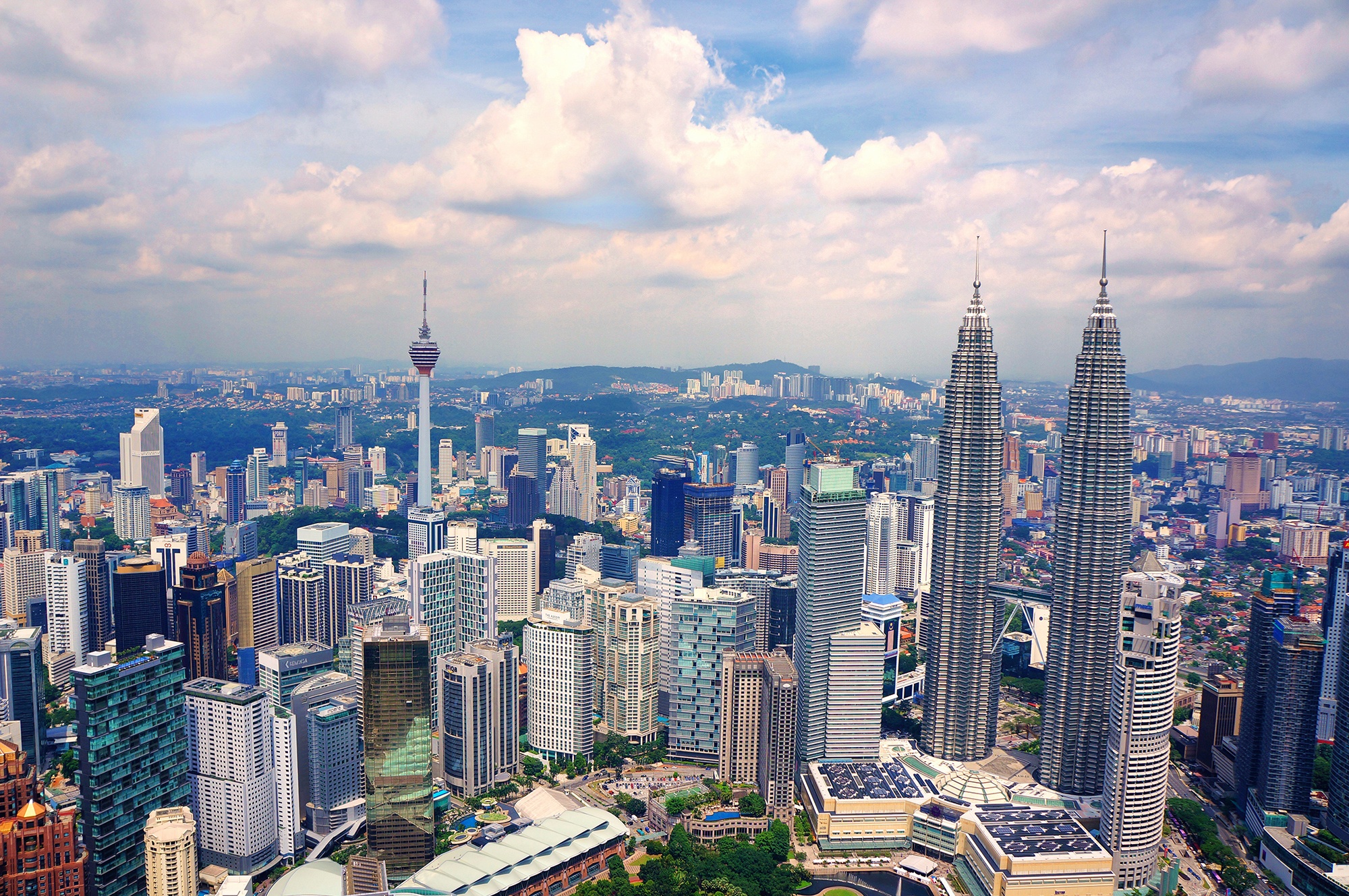
Photo credit: Vincent Liew
“Honestly speaking, the term ‘smart city’ is way overused; no one can pinpoint what it means,” said data scientist Dr. Lau Cher Han during the panel discussion in July’s Tech in Asia Kuala Lumpur City Chapter meetup.
The event looked into the applications of smart cities within the context of Kuala Lumpur, diving into the question: Is the city ready?
Governments all over the world are praising the smart city concept and working toward achieving it using technological advancements. But is this actually working?
Unlike some sessions that dive right into the tech of smart cities, the meetup focused more on the misconceptions that had to be addressed.
Myth 1: We should make everything in our city smart right away
To unpack this myth, we must first understand what is typically meant by “smart” in this context.
The image of a smart city is the adoption of technology such as sensors, AI, or blockchain into the city’s infrastructure. But technology should not be the center of initiatives; it should facilitate interactions between a city’s stakeholders to increase citizen satisfaction.
Warran Chan, CEO of ParkEasy, expands on this saying:
“We need to go back to the basics, look at the low-hanging fruits, and fix the most urgent problems, like flood management systems and road repair, for example. Don’t start with the ‘sexy’ stuff like solar-powered street lights, over-the-top surveillance systems, and fancy data centers.”
According to him, we need to focus on things that will change cities in ways that will be more obvious to its citizens. This will answer one of the key success metrics of a smart city: citizen happiness.
Dr. Lau agreed adding, “In my experience, my clients mainly look at the happiness of the rakyat (citizens) as the main goal of smart city initiatives.”
Myth 2: We need foreign tech
Having consulted with various countries and governments on smart city projects, Jeremy Lee (CEO of Social Ant) disagreed with the notion that Malaysia needs foreign tech to solve its problems.
According to him, not only does foreign tech limit the growth of Malaysian companies, it also can’t directly solve the country’s problems. “Smart city applications must be localized, as every location has very unique problems. There is no one-size-fits-all,” he shares.
Myth 3: Malaysia doesn’t have the right talent
After debunking the first two myths, we moved on to focus on the application of smart cities—not on the specific tech but more on if we as Malaysians have the talent to make it happen.
If you really look at IoT and other smart city applications, they’re all about combining data analytics and implementing actions through hardware. This boils down to two types of skill sets: mechatronics and data science.
Dr. Lau, being a data scientist himself, believes that Malaysia can handle this. According to him, “Malaysia surprisingly has a good strength and supply in the field of mechatronics, especially from schools like UTAR (Universiti Tunku Abdul Rahman), this is an advantage that we should build upon.”
However, he does acknowledge that “the training of data scientists is not up to par with other big nations.”
B2G vs B2C
One of the biggest problems that smart city startups face is that their business model is generally B2G (business to government), which makes their sales cycle incredibly long.
Unfortunately, spending more than a year to close a deal with a government is the norm. This will make startups in the space unsustainable, as there is a lot of competition and limited funding.
“We need to stop waiting for the government to pay,” says Lee. “You not only have loads of red tape, but it also takes a lot of time to close a deal.”
The CEO urges startups to instead develop great products and go directly to B2B or B2C. According to him, this will make startups more sustainable and put them closer to the “benefiting audience,” allowing them to tweak and improve their B2G solutions.
“B2C funding/deals can take weeks while B2B solutions can take months, in comparison to the years required for B2G deals,” Lee shares.
Chan says it is more profitable to engage the private sector given the challenges his business is facing. “The main barriers for my business are low public car park rates, resulting in little public funding to implement a new system, and the need to engage several city governments to implement a single standard,” he shares.
Takeaways
The session ended with a few takeaways to ensure that Kuala Lumpur stays on the right track.
- Set goals: Smart city initiatives must not be technology-centered but citizen-centered. For example, reducing traffic is a better goal than implementing solar-powered street lights.
- Build the foundation: Smart city ecosystems benefit from open APIs between government (public services) and private data.
- Retain local investments: The implementation of initiatives should engage local service providers to develop local smart city capabilities within the ecosystem.
- Train talent: Continue to develop the Industry 4.0 talent pool, with an emphasis to fill the gap in data science.
Kuala Lumpur is ready to embark on the journey to become smart, but only if we play our cards right.
The views expressed in this article are those of the writer and do not necessarily reflect the views of Tech in Asia.
Recommended reads
 Singapore, India fintech regulators sign cross-border sandbox agreement
Singapore, India fintech regulators sign cross-border sandbox agreement Alibaba-backed fund bets on Hong Kong-based robotics firm
Alibaba-backed fund bets on Hong Kong-based robotics firm Ex-Grab VN head launches robotics startup
Ex-Grab VN head launches robotics startup How this startup aims to drive sustainable finance in Asia
How this startup aims to drive sustainable finance in Asia Australia to roll out trial program for CBDC
Australia to roll out trial program for CBDC SG wealthtech investment grows 7x, outpaces region: report
SG wealthtech investment grows 7x, outpaces region: report Singapore could lose more biotech firms
Singapore could lose more biotech firms Roadblocks stall Singapore’s driverless car dreams
Roadblocks stall Singapore’s driverless car dreams Grab, Foodpanda, Deliveroo launch food delivery association in SG
Grab, Foodpanda, Deliveroo launch food delivery association in SG ComfortDelGro deploys commercial robotaxis in Guangzhou
ComfortDelGro deploys commercial robotaxis in Guangzhou
Editing by Jaclyn Teng
(And yes, we’re serious about ethics and transparency. More information here.)

